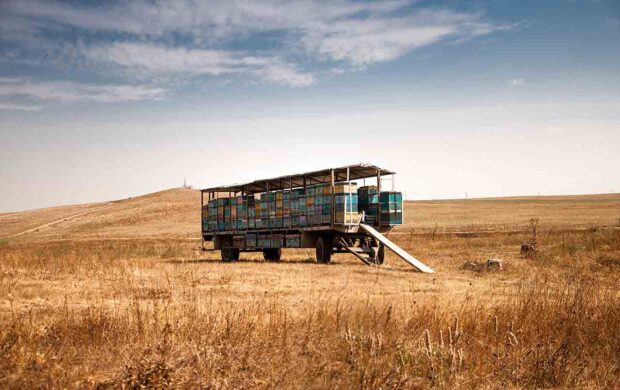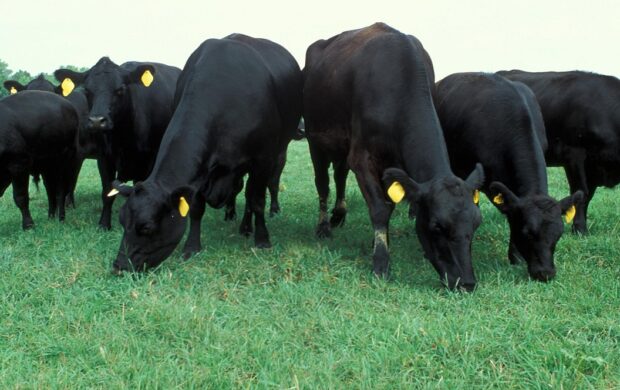Signals of Change help us imagine how different the future could be. They are small but important ideas and innovations that might suggest new ways to shape a sustainable future, or new challenges to overcome. How might these four #SignalsOfChange inspire you to act differently today?

The Swedish government is considering a tax on meat. Why? Because livestock produce 51% of all greenhouse gas emissions. That’s more than cars, planes, trains and ships combined. Uncontrolled meat consumption will drive the world past 2° Celsius of warming by 2050.
Is your steak dinner going the way of cigarettes?
January 2016 saw a 50% increase in Aedes mosquitoes in Singapore compared to the same period in January 2015. Singapore’s National Environment Agency estimates that there might be up to 30,000 dengue cases in 2016. That’s 1.3 times the record numbers in 2013. The reason? Increased temperatures speed up the life cycle of the mosquito. Today, dengue is the most common mosquito-borne viral disease in the world. Dengue incidence has increased 30-fold in the last 50 years globally. By 2085, 60% of the world will be at risk of dengue. Without climate change, that number would only be 35%.
Is your health already at risk from climate change?
Some of Samsung’s TVs listen in on your conversations. This is revealed in Samsung SmartTV’s privacy policy, which states that they send voice data to other parties. And Samsung is not alone. Google and Facebook are already collecting and analysing large amounts of your personal data. By 2020, 25 billion devices will be sharing data. That’s 5 times today’s amount. “Unless we demand changes, Big Tech will continue to profit off our personal information” The Guardan.
Should we accept privacy as the price for a better life?
In August 2015, Costco was sued for selling prawns tainted by slavery. It was the result of an investigation by The Guardian in 2014. Just how big is the slavery industry? At least 20.9 million people are enslaved globally, of whom 68% are forced labour in private businesses. Worldwide slavery is estimated to generate $150 billion in profits per year. That’s more than the world’s top 5 most profitable companies combined. The silver lining? Mobile phones are becoming a tool for protection. Mobile phones allow workers to create real-time information on their rights, conditions & workplace safety. UK’s 2015 Modern Slavery Act requires companies to prevent human rights abuses and increase supply chain accountability.
Yet over half of UK businesses don’t know how to tackle slavery in their supply chain. Do you?











